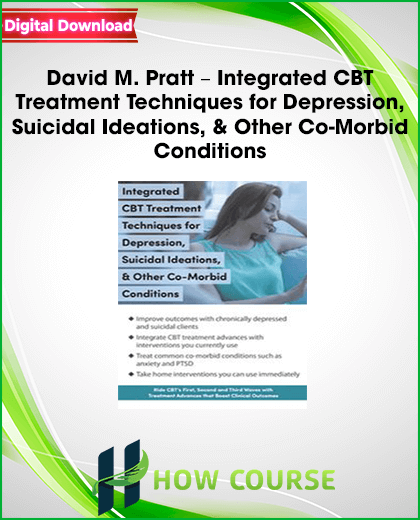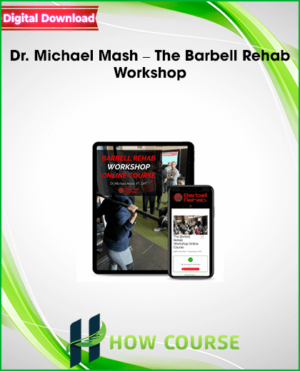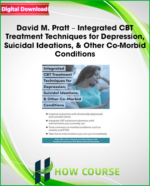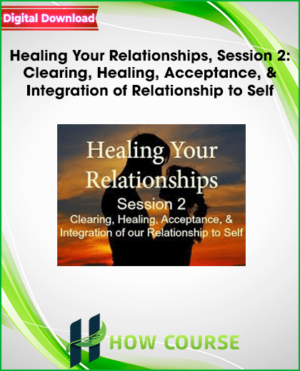David M. Pratt – Integrated CBT Treatment Techniques for Depression, Suicidal Ideations, & Other Co-Morbid Conditions
Enhance Your Skills and Improve Outcomes with Depressed and Suicidal Clients
The ongoing treatment of the depressed and suicidal client is an enormous clinical challenge. Clinicians often state that they feel well-trained in assessing and intervening when their clients initially have suicidal ideations, but feel at a loss when the client returns for treatment, still depressed, and possibly still suicidal.
Dr. David Pratt has worked with this challenging population for over 35 years and brings his expertise to share practical CBT techniques for clinicians to use with their depressed and suicidal clients. He will help you integrate “Third Wave” CBT Therapies such as Mindfulness-Based Cognitive Therapy (MBCT) and Acceptance and Commitment Therapy (ACT) with “First and Second Wave” CBT therapies you may already be using. In addition, he will share practical interventions you can use for on-going depression and suicidal ideation, as well as evidence-based treatments for other common co-morbid conditions such as anxiety disorders and PTSD.
Compare and contrast “first wave” vs. “second wave” approaches as it relates to case conceptualization
Examine the intrinsic evidence-based CBT treatments for the depressed and suicidal client
Identify recent advances in treatment for depression and suicide prevention as it relates to case conceptualization
Describe practical methods to teach CBT skills to your depressed client
Discover effective methods to integrate recent advances in CBT for depression and suicide prevention in clinical practice
Determine how to integrate evidence-based treatments for common co-morbid conditions such as anxiety and PTSD to enhance outcomes with the complicated client
“FIRST AND SECOND WAVE” APPROACHES
Foundations of CBT
“First Wave” therapies
“Second Wave” therapies
“FIRST AND SECOND WAVE” CBT TECHNIQUES FOR THE DEPRESSED AND SUICIDAL CLIENT
Education: The CBT Model and depression
Mood Monitoring: Developing self-awareness
Behavioral Activation: Getting active again
Cognitive Restructuring: Healthy thinking
Problem Solving: Overcoming “Learned Helplessness”
Social Skills Training: Essential social skills for relationship development
Wellness and Depression: Developing a healthy life style to overcome depression
Using CBT Skills for suicide prevention and safety planning
“THIRD WAVE” ADVANCES IN CBT FOR THE TREATMENT OF DEPRESSION AND SUICIDE PREVENTION
Mindfulness-Based Cognitive Therapy (MBCT): Mindfulness vs. Meditation
Teaching Mindfulness Skills: Multi-sensory applications
Acceptance and Commitment Therapy (ACT): The dialectic of acceptance vs. change
Mindfulness self-monitoring: Enhanced self-awareness
Mindfulness and Acceptance: Developing tolerance for distressful experiences
Acceptance vs. Change: Identifying and committing to personal values
EVIDENCE-BASED TREATMENTS FOR COMMON CO-MORBID CONDITIONS
Anxiety Disorders and Exposure Therapy
PTSD and “Prolonged Exposure”
INTEGRATING TREATMENT OF DEPRESSION AND CO-MORBID CONDITIONS WITH THE COMPLICATED CLIENT
Evaluation and case conceptualization
Prioritizing treatment
Treatment phases and juxtaposing interventions
Enhanced skills-based suicide prevention and safety planning
> Please contact our team if you have questions, or broken links via our email [email protected].








